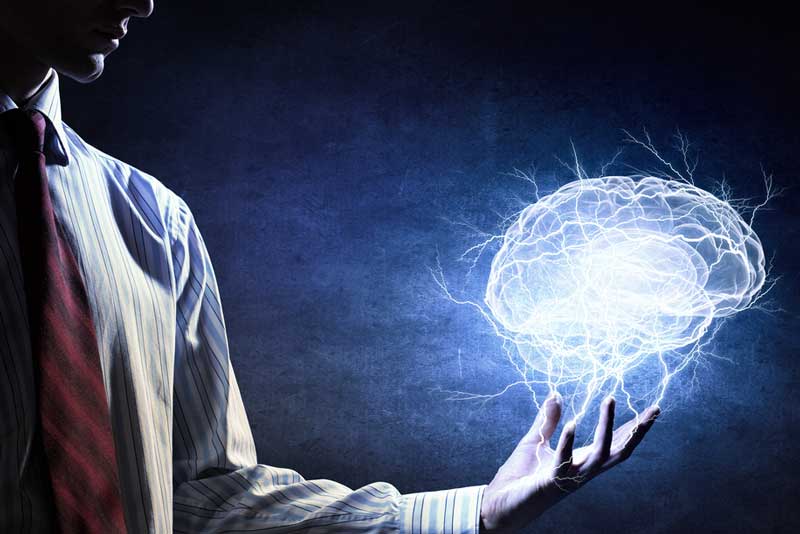
Breaking Harmful Mental and Emotional Patterns: Acupuncture Treatment to Heal Personality Problems
We all have aspects of our personalities that cause us difficulty. Our personality is the aspect of ourselves that relates with the world. It is a tool for interaction, and the building of relationships. We have relationship with the world outside of ourselves: other people, institutions, the social world. We also have a relationship with the world within ourselves: how we think of ourselves, our ethnicity, gender, our talents and general disposition.
As an acupuncturist, I’ve come to see that personality issues are often be due to an energetic-chemical imbalance in our bodies. A simple adjustment, via acupuncture is sometimes all it takes to soften or release personality problems. I see this in my patients, and also know this from personal experience.
Let me share a personal story. The other day, I noticed myself feeling particularly edgy and sensitive. I was taking everything personally. I felt criticized by everyone around me. Very defensive and insecure. My mind would ponder: what did that person mean by that comment or action? It was very uncomfortable for me. It’s very easy to get caught up in such an experience. Byron Katie is a wise teacher about the mind. She says we must be very careful to not believe everything our thoughts tell us. They can often lead us astray.
After getting caught up in my defensive thinking, I remembered that I was an acupuncturist who knows how to work through such difficulties. (When it comes to myself, I often forget.) I realized my defensive insecurity could be due to an imbalance in the blood chemistry of my Small Intestine Acupuncture channel system.
On each of the acupuncture channels (of which there are 12: one main channel for every major internal organ), there is a special point that has a particularly strong impact on the mind and emotions. This point is called the “Luo” point. Luo can be translated to mean “connecting” point. It can be seen as a type of portal that connects our inner world with the outer world.
The Luo point gathers stressors from the main acupuncture channel and diverts it into the blood vessels, where it is held in a static, unresolved form. This process can be looked at as an emotional or mental state that gets held by the body, unable to release. They are those obsessive thoughts or unyielding feelings that we just can’t seem to let go of. They are sort of like allergies. Something gets stuck in the body, making us hypersensitive to the environment.
The point I treated for my defensive insecurity was the acupuncture point called “The Upright Branch,” the 7th point on the Small Intestine acupuncture channel (SI-7). Luo points manifest in two main ways: as holding vessels that have become over-full or empty. Each manifestation has specific symptoms associated with it.
SI-7 when it has become “full,” manifests as defensiveness and an inability to accept criticism. Fullness of SI-7 can also create a state in which everything is heard as criticism. When SI-7 becomes “empty,” it creates a sense of mental uncertainty. We cannot figure out the meaning of interactions with others. Someone may say something to us and we cannot figure out how to take it: was that an insult or praise? Do they want us to do something, is there an ulterior motive? We become obsessive, but in a way in which we are trying to figure out what others mean.
For myself, I was exhibiting more a state of “fullness” of SI-7: defensiveness. The treatment was simple. I gently pricked the acupuncture point called “The Upright Branch.” The fullness of the point was confirmed: after the point was pricked, a small drop of blood was exuded from the point. I was amazed by the instantaneous results. I felt immediately better: as if a hot oppressive weight was released from my chest and head. I went to dinner with a loved one afterwards, and all of my defensiveness and sensitivity was gone. The point had been cleared. More importantly, my mind was clear.
Many of us walk around all the time in a defensive, insecure state. This is the way some of us interact with the world: always feeling attacked and criticized. To this type of person, clearing SI-7 could dramatically change their experience of the world. Imagine how much smoother and pleasant life would be without all of that defensive hypersensitivity!
Each “Luo” point exerts a tremendous effect on the mind and personality. When the Heart Luo point is affected, the person will experience a sense of betrayal that they cannot let go of. If it becomes very severe, they will lose the capacity to talk about the problem. Maybe they will become a person who never talks about much of anything that is going on with them, feeling that their words don’t matter: no one is listening to them anyway.
Another aspect of the Heart when it is affected creates the inability to control the emotions. This is a state where the person feels as if their emotions are controlling them. They can’t reason themselves out of their emotional state: they feel helpless when it comes to their emotions. This can cause many social problems, as they never know when they are going to explode or break down – they have lost the ability to control themselves. This is the highly unpredictable person who seems very emotionally volatile.
The more severe manifestation of the Heart in distress is when a person loses their ability to interact altogether. They become the isolated person who fears other people. They may feel themselves to be victims, highly vulnerable and easily abused or hurt.
There are two points on the wrist that treat these disorders. The point “Penetrating into the Interior”: the 7th point on the Heart Channel (HT-7), and “The Inner Gate”: the 6th point on the Pericardium Channel (PC-6).
When the Bladder Luo point is diseased, this is the person who always feels in a state of panic, as if everything is a big deal: danger is always around the corner. They are very anxious, perceiving everything as a possible threat. When this state reaches its extreme, the “alarm system” of the body can reach a state of burn out. This manifests in lack of personal limits and boundaries. The person no longer knows when enough is enough – they will continually go beyond their own limits, exhausting and potentially hurting themselves. This is the person who overworks or overindulges to the point of sickness and exhaustion. They lack awareness that they are exceeding their own physical and mental limits. They sometimes only stop after reaching a state of total burnout. These issues are treated by a point on the leg called “Flying Away”: the 58th point on the Bladder channel (BL-58).
The Lung personality issue relates to stimulation. This is the person who craves constant sensory stimulation. They always need to be doing something, watching something, touching something, interacting. They find it difficult to relax. When they are doing nothing, they feel very uncomfortable. When this state becomes severe, it can manifest in its total opposite: lack of interest in the activities of life. This is a type of depressive state where nothing stimulates the person, making them feel constantly bored and lethargic. These states are treated by a point on the wrist called “A Break in the Sequence”: the 7th point on the Lung channel.
Spleen and Kidney disorders have much in common: they both involve obsessiveness. The Spleen manifests in obsessive thinking and stubborn habits. The person keeps doing the same thing again and again, unable to change. This can manifest through physical actions or through thinking. Obsessing is a painful thing: the same thought keeps circulating through the mind over and over again without resolution. Many people feel tortured by their obsessive thoughts. They simply cannot let go of whatever they are obsessing about.
The Kidney when it becomes diseased creates obsessive-compulsive behavior: obsessive thinking that needs to be acted out. The person feels powerless to control their behavior. They may know the behavior is not good for them, yet they cannot stop themselves from acting it out. When the Kidney issue becomes severe, it can create paranoia. The person always fears the worst in every situation. They look at the world in a negative way, as if something terrible is always going to happen. This can also manifest as fetishes: secretive behavior that is usually felt as shameful or antisocial.
The Spleen and Kidney issues are treated by two points on the feet: “Grandfather- Grandchild”: the 4th point on the Spleen channel; and “The Great Bell”: the 4th point on the Kidney Channel.
These are just a few highlights of what the acupuncture points can be used for. I’ve found the Luo points to be some of the best acupuncture tools for releasing acute or chronic mental, emotional or personality states. Through treating these points, mental patterns, longterm emotional states or personality tendencies can be dissipated and released. In my own self-treatment with acupuncture, they are the points I use most, providing the quickest results.
Understanding how to use the Luo points has helped me enjoy a more peaceful life, with fewer social problems. They are always my go-to points for dissipating negativity or destructive behavior habits. Once I can identify the problem that is haunting me, I can go to the acupuncture point that will help release it and allow it to dissipate.


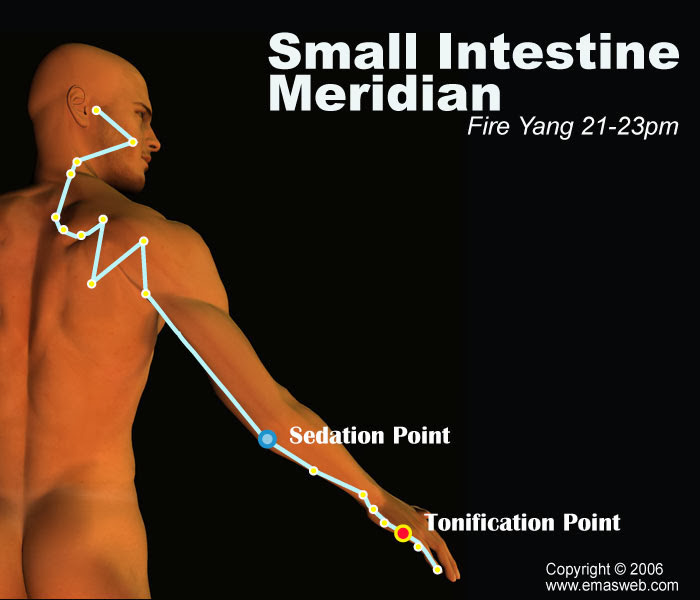
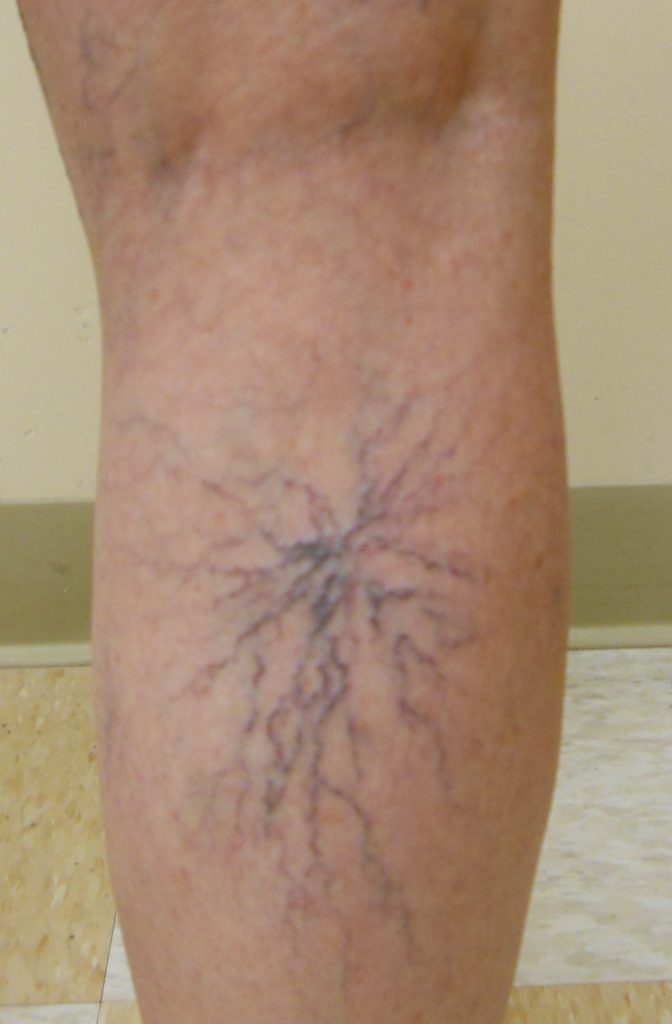
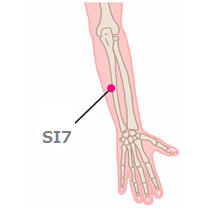

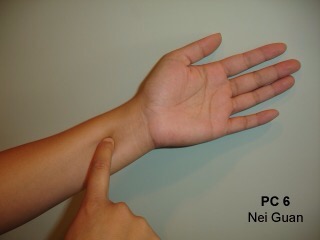
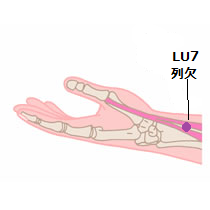


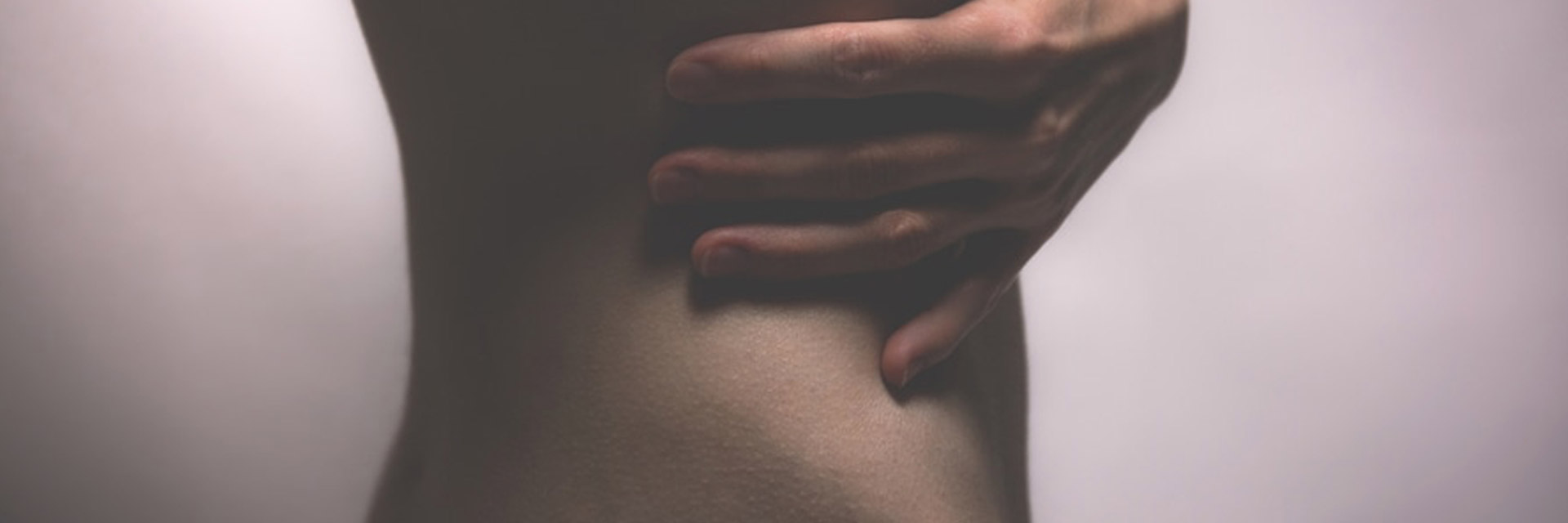
No Comments